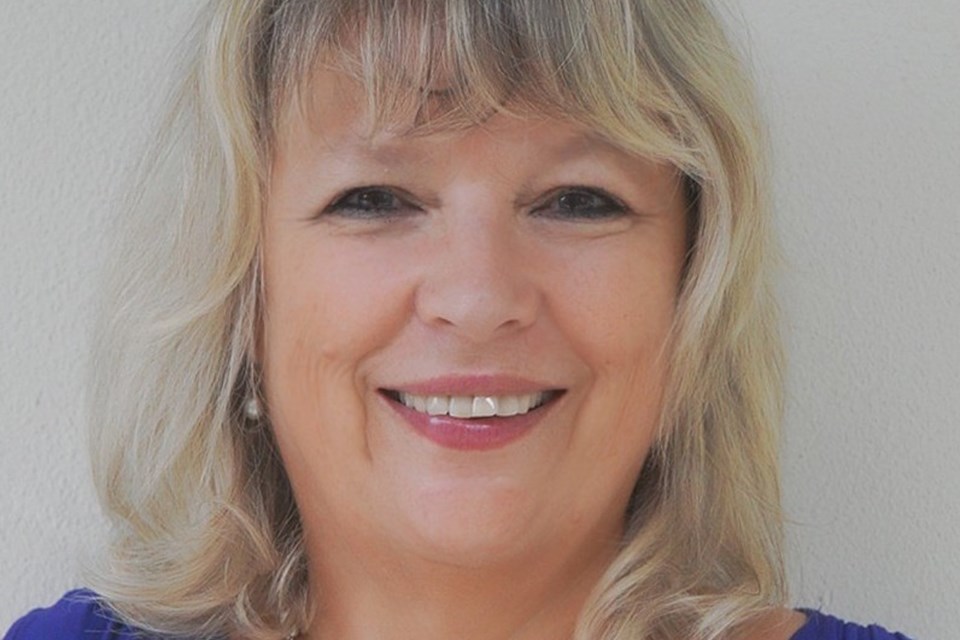Let’s radically rethink education | nursery world
Louise Livingston, Training Manager, Maria Montessori Institute
Friday, June 17, 2022
The Montessori approach naturally offers “elegant solutions” to many of the issues raised by The Times Education Commission, published this week, says Louise Livingston, education manager at the Maria Montessori Institute.
The Times Education Committee Final Report presents a 12-point plan for education sector reform. It’s a fascinating and far-reaching read that raises many questions, highlights important issues, and offers forward-thinking, holistic approaches.
Findings from the year-long survey are particularly relevant to early grades: Many schools say that since the pandemic they need to focus on basic care rather than literacy or numeracy in grades one or the first two years of primary education. There are reports of children arriving at school unable to say their own name, using pacifiers, drinking from bottles and being driven to school in buggies until the age of six or seven. In response, the committee calls on the government to provide more parenting classes, home visits and drop-in centers for families, as well as a “five a day” initiative to encourage parents to talk and to play with their children, like the campaign for healthy eating.
As Montessorians, we are understandably nervous about children falling behind or not reaching expected milestones “on time”, as we know that each child will develop differently on their own schedule. However, these results suggest a lack of early development opportunities that is undoubtedly concerning.
As Montessori educators, we are fortunate because even though some children have come to school with fewer social and language skills, the Montessori environment provides them with the necessary environment to reach their full potential.
When a child joins a Montessori class for the first time, they are supported to develop physically so they can engage with the world around them in a purposeful way. The Montessori teacher is trained to observe children’s physical abilities and suggest activities that will help them develop the individual skills each child already has. This can be very different from child to child, especially depending on the experiences they have had with physical activity during the pandemic.
In a Montessori environment, children are supported to become independent so they can do things for themselves and others – like getting dressed, preparing food or pouring a drink. These deceptively simple activities build self-esteem as children see themselves as capable people who can do things on their own, which can have a powerful impact on the lack of confidence some young children may have. due to their lack of freedom during the pandemic.
The Montessori approach also enriches children’s oral language, capitalizing on the young child’s enormous thirst for language at that time. By working with each other and contributing meaningfully to the school community by serving and clearing food and maintaining the learning environment, children learn to socialize, collaborate and interact.
But perhaps most important of all, the mixed-age Montessori environment, which sees children in a three-year age range grouped together, can support children lacking in social and language skills. Younger children learn from older children’s role models, and older children benefit from the support of younger ones. Having a wider range of ages in a class also reduces the expectation that all children will reach the same stage at the same time.
The commission also recognizes the scale of the challenge of supporting children with special educational needs, with around 16% of pupils in the public system with SEN. Montessori can also offer a new perspective in this area by placing more emphasis on observing the child and recognizing and supporting each child’s unique abilities.
We were also delighted to see the commission calling on schools to better connect with businesses, charities, homes and the local community, while suggesting a nationwide program of service to citizens. Both in the early years (the Montessori Children’s Home) and later in primary education (the Montessori Elementary Classroom), the Montessori approach encompasses interaction with people and organizations outside of the school ecosystem, special visitors entering school to children visiting parents’ workplaces. or get involved in charities and local initiatives. Engagement with the wider community connects children to the world and provides vital real-world context that will help them choose their path in life, as well as enhance their education.
During the pandemic, children may have been deprived of experiences vital to their optimal development, but it is important to remain optimistic. Children are resilient: because of the enormous plasticity of their brains when they are young, they can make up for lost time as soon as opportunities open up to them. Children can still become independent, self-reliant, social and creative thinkers – as long as we provide them with school and early years environments that provide freedom of movement, social interaction and the opportunity to make independent choices. You can find all of this in a Montessori environment.
One of the most significant aspects of this commission for us is the welcome recognition that education is not just about acquiring academic skills and that it neither begins nor ends at the doorstep of the school: it’s about gaining autonomy and social skills, and understanding and contributing to the world around you – as Montessori says, this should be “education for life”. We applaud the attention this commission brings to the many opportunities that exist to shake up and improve our approach to education – we just hope someone in government is listening.
Louise Livingston has over 30 years of educational experience and a background in educational neuroscience. Louise is Training Manager at the Maria Montessori Institute which offers Montessori teacher training and short courses online and at the Maria Montessori School for ages 2-12 in London. www.mariamontessori.org


Comments are closed.